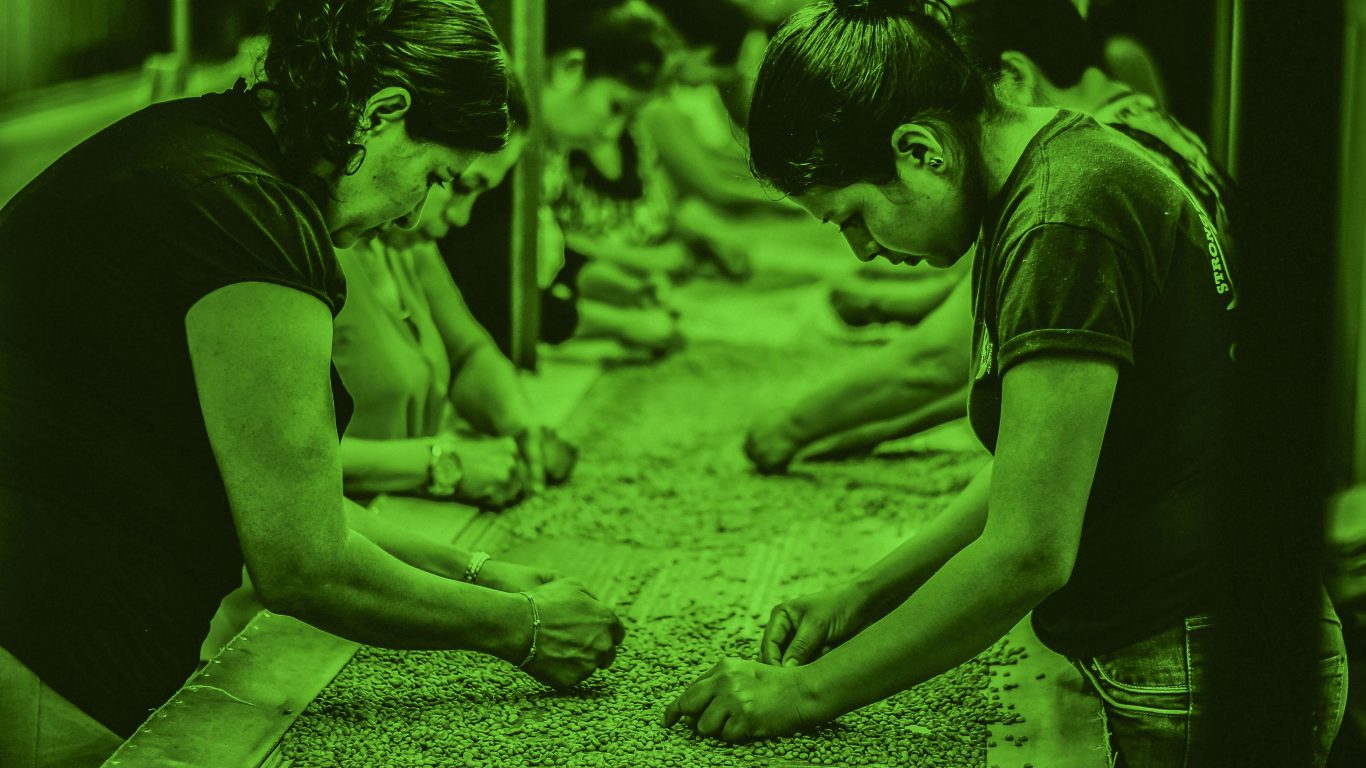Summary
Women’s involvement in paid labour is typically celebrated as a necessary precursor to improving economic outcomes and reducing poverty, especially in the Global South. Entrepreneurship, in particular, is argued to advance women’s economic interests while affording them the flexibility required to meet their childcare and household demands. The present study calls such portrayals into question, arguing that the concept of entrepreneurship as it applies to women’s work masks many of the uncertainties and contradictions that accompany being one’s own boss while working at home. Interviews with female entrepreneurs engaged in home-based work in Ahmedabad, India reveal that entrepreneurship is experienced as a mixed blessing. For example, capital generation and autonomy, two attributes touted as positive facets of entrepreneurship, make it more difficult for women to accomplish both their paid labour and household labour. The author argues that contrary to organizations’ (such as the World Bank) rhetoric that gender equality is a positive outcome of women’s participation in paid labour markets; one-dimensional understandings of entrepreneurship misrepresent women’s experiences working in informal economies.
Research
Women’s entrepreneurship has been hailed as a positive intervention for improving economies in the Global South. In the World Bank’s 2012 Word Development Report, gender equality is touted as “smart economics” for its ability to enhance productivity. Entrepreneurship is especially highly regarded for the degree of autonomy and capital it promises to generate. The present study calls such positive characterizations of women’s entrepreneurship into question.
Based on 10 months of fieldwork in Ahmedabad, India, as well as 30 interviews with women engaged in home-based garment work, the study examines how women perceive themselves as workers, and how this relates to economic accounts of the benefits of entrepreneurship. Home-based work is an important site for understanding how women’s engagement with paid labour is experienced. Particularly in India, home-based work may be a viable strategy for women to provide a financial contribution to their household earnings in a context where failing to uphold gendered and cultural expectations of caste and religion (by engaging in paid labour outside of the home) would result in stigmatization.
Despite the potential upsides of pursuing entrepreneurial work at home, this study finds two characteristics that complicate women’s experiences as entrepreneurs: (1) investment, and (2) autonomy.
First, investing in one’s work is thought to be beneficial because it incentivizes entrepreneurs to minimize overhead and maximize profits. Productions costs also motivate a long-term financial planning outlook, since individual entrepreneurs wish to extend and enlarge their return on investment. However, investing in one’s entrepreneurial labour had important social costs for the female garment workers that participated in the study: the money invested in garment supplies would have otherwise been spent on the household. Having to invest in one’s work, then, created circumstances where women’s social relations as caregivers were undermined.
Second, even though working at home is supposed to benefit female entrepreneurs by making them more autonomous, the majority of women reported feeling less autonomous. Working at home is supposed to provide them with some time flexibility to meet the needs of their household, for example by being present when children return home from school, and in being able to accomplish other household chores such as laundry and food preparation throughout the day. In addition, women belonging to historically discriminated and economically marginalized castes may be forbidden from pursuing work outside the home. Home-based entrepreneurship is the sole income-generating option for many women who are restricted to the household. However, because home-based work takes place in the same space as their household responsibilities, they frequently had to choose between paid work and care work, and in the process ended up disappointing either themselves for falling behind on orders, or their families for being absent.
While personal investment and autonomy are lauded as positive features of entrepreneurship, they may be experienced as exploitative.
When entrepreneurship is pursued inside the household, paid work and household labour become mutually reinforcing burdens, resulting in women feeling hindered in their ability to successfully accomplish either while attempting to also provide care for their families.
Implications
- Recognition by development organizations – NGOs and organizations such as the World Bank aiming to promote women’s economic opportunities in the Global South can acknowledge that entrepreneurial endeavors co-occur with unpaid reproductive labour in the home, the burdens of which fall on the very same women being encouraged to pursue entrepreneurship in the first place. If they are not already doing so, NGOs can design funding opportunities and entrepreneurial projects in consultation with the women they are hoping to help in order to ensure their voices are heard, and their needs are met.
- Program design – As this study demonstrates, entrepreneurship may not be as accessible or empowering for women due to their competing demands in the household. Organizations like incubators and accelerators that are interested in promoting entrepreneurship can acknowledge the additional challenges that female entrepreneurs confront, such as time and mobility constraints, and design their programming with these challenges in mind. For example, they can hold events during regular business and school hours, and allow venture teams to work remotely.
Title
Challenging the Gendered Entrepreneurial Subject: Gender, Development, and the Informal Economy in India
Authors
Natascia Boeri
Institutions
Bloomfield College
Source
Gender & Society
Published
January 11, 2018
Link
http://journals.sagepub.com/doi/full/10.1177/0891243217750119







